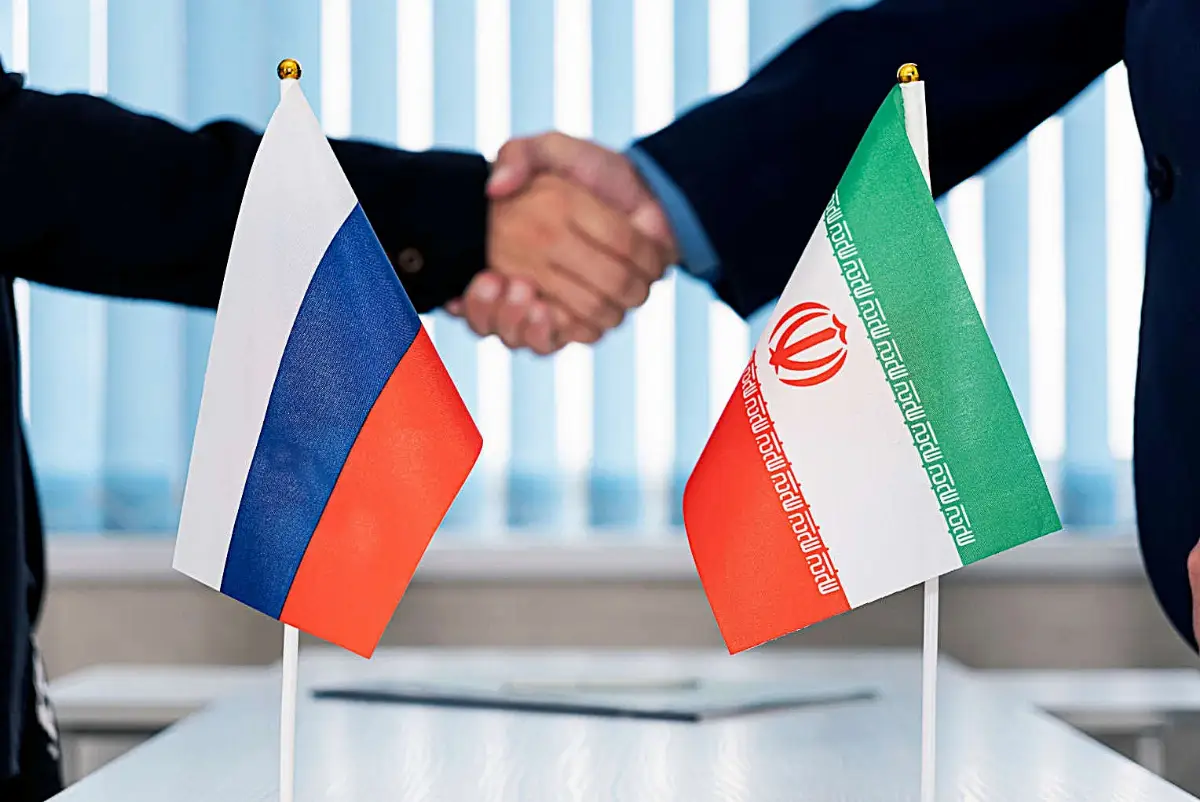
Today a summit between Putin and the Iranian Foreign Minister in Russia
Officially, to request Moscow's diplomatic support, but unofficially...

Russian President Vladimir Putin received today at the Kremlin the Iranian Foreign Minister Abbas Araghchi. The meeting, which assumes crucial importance in light of recent Israeli airstrikes against Iranian military targets (see AVIONEWS and related reports), and the previous Iranian missile actions on Israel, saw Moscow reaffirm a firm condemnation of Israeli actions and offer its diplomatic support to Tehran.
Opening the talks, Putin acknowledged the "difficult moment, amid a sharp deterioration of the situation in the region and around your country", clearly referring to the ongoing military escalation. The Russian leader described the Israeli strikes as "an unprovoked and unjustified aggression", a statement marking a clear stance in favor of Iran and in opposition to Israel's actions. Putin also added that Russia is "making efforts to assist the Iranian people" in this critical juncture.
On his part, Minister Araghchi expressed gratitude for the Russian position. "We appreciate the firm condemnation by the Russian Federation of the aggressive actions by Israel and the United States against Iran", he stated, underscoring the need for closer cooperation between the two countries in the face of regional challenges. The Iranian diplomat called on Moscow to intensify efforts for de-escalation, suggesting a more proactive role for Russia in containing what Tehran perceives as external aggression.
The meeting took place in a context where relations between Russia and Iran are already solid, especially due to their cooperation on various regional issues, including the situation in Syria and opposition to Western policies. This high-level visit to Moscow by Iran's chief diplomat highlights the urgency with which Tehran seeks allies amid growing isolation and international pressure.
Geopolitical analysts observe how this summit strengthens the axis between Moscow and Tehran, potentially complicating de-escalation efforts by Western powers. Russia, with its critical stance toward Israel and the United States, positions itself as a key player attempting to mediate or, alternatively, support Iran in its response to increasing instability. The timing of the meeting, held less than 24 hours after the Israeli raids, underscores the immediate Iranian diplomatic response and the rapid pace at which events are unfolding within the framework of the Middle Eastern crisis.
Insight: the emerging axis and new geopolitical horizons
Behind the official declarations of condemnation and solidarity, international analysts read the Moscow meeting as a further cementing of an anti-Western axis, where Russia and Iran seek mutual strategic advantage in an increasingly polarized world.
On one hand, Tehran urgently needs advanced air defense systems and technological support to modernize its armed forces under growing pressure; on the other, Moscow sees in Iran a key partner to project its influence in the Middle East and challenge the US-led global order. Although Russian military aid cannot be equated in scope and formal basis to that the US guarantees Israel, the cooperation is pragmatic and evolving, with Russia positioning itself as a diplomatic counterbalance and potential provider of critical capabilities.
Within this emerging alliance framework, some observers do not rule out the possibility of future support from North Korea. Pyongyang, also under heavy international sanctions and with its own missile and nuclear development program, could find in Russia and Iran natural partners for military technology exchange, resources, and intelligence. An extension of this "axis of sanctioned countries" could, in the long term, create a mutual support network that would further complicate Western powers’ efforts to isolate and contain these actors, reshaping global geopolitical dynamics.
AVIONEWS - World Aeronautical Press Agency